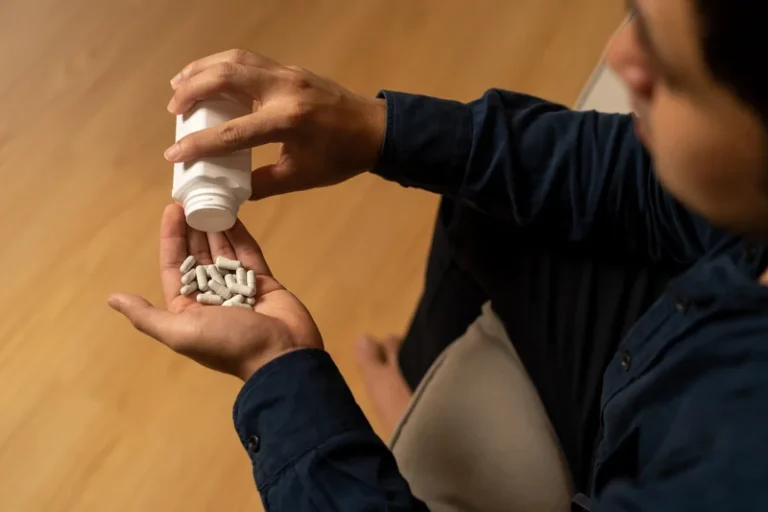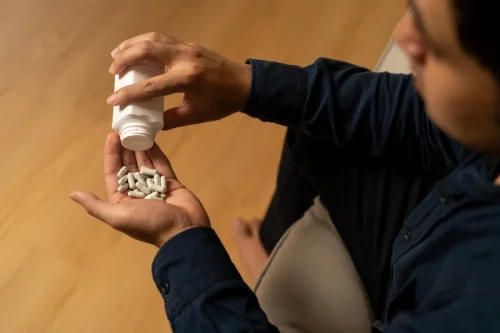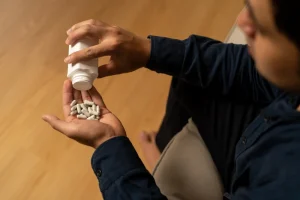
When alcohol is not present, individuals may experience uncomfortable symptoms such as restlessness, tremors, headache, nausea, vomiting and insomnia. These symptoms can occur six to 24 hours after their last drink. Professional treatment aims to treat both the physical and emotional aspects of addiction, helping you detox safely and process the underlying causes for addiction. You might notice your loved one going to bars more frequently or attending parties with drinking or drug use. As another example, maybe your spouse starts having a glass of wine every night after trying some at a restaurant.
Middle-stage misuse
This is of particular concern when you’re taking certain medications that also depress the brain’s function. At this point, you have an attachment to alcohol that has taken over your regular routine. You’re aware of the adverse effects, but no longer have control over your alcohol consumption. Frequent, uncontrolled alcohol abuse eventually leads to problem drinking.
- Your body starts using the substance to meet a sense of homeostasis, and if you stop taking it, you’ll likely feel sick.
- You’ll want to find a rehab center that has medically-supervised detox capabilities so that you can comfortably and safely detox from alcohol.
- Discover if a chemical imbalance causes anxiety and explore the latest research on anxiety treatments.
- Some alcoholism medications, such as disulfiram or acamprosate, may aid recovery from alcoholism.
When should I see my healthcare provider?
And the physical costs of excessive alcohol use become noticeable. Compulsive behaviors are prominent in addiction, and people with alcohol addiction often drink whenever and wherever they desire. Alcohol dependence also means that you have developed a tolerance to drinking. As a result, you may have to drink larger quantities to get “buzzed” or drunk. Knowing the signs and symptoms of each stage can aid you in seeking help before your problem turns into dependence and addiction.
The Four Stages of Alcoholism
- In addition to the physical and mental health consequences, alcohol abuse can significantly affect social and occupational functioning.
- Realizing you may have an issue is the first step toward getting better, so don’t hesitate to talk to a healthcare provider.
- The primary symptom of stage one is the development of alcohol tolerance.
- In this stage, a person is officially defined as having alcoholism.
- Our online health insurance verification system will estimate your in-network and out-of-network deductibles, coinsurance percentages and out-of-pocket maximums.
- Creating supportive environments and providing resources are crucial in preventing and addressing alcohol addiction 3.
Its first secret trick is building tolerance through neuroadaptation. As we drink more, our bodies adapt, requiring higher quantities to achieve the same effects, pushing us deeper into the pitcher plant. Its second trick is habit formation, driven by cues and cravings.

The rate of communication returns to its typical levels once alcohol leaves the body. If a person drinks frequently or more heavily, the nerve cells in the brain adapt by reducing the number of places they can receive these messages. Early-stage alcoholism is the beginning of the person’s chronic use and pathway to stages of alcoholism abusing alcohol.


Even if the trigger led to a relapse, you’ve still gained a tool for your future recovery and sobriety. You gain the same learning opportunity from any relapse, regardless of its cause or trigger. You may start to plan your day around substance use or start canceling plans that might keep you from it. It’s repetitive in nature since the act of taking addictive drugs releases dopamine, which reinforces the behavior—causing repetition.

Unveiling Three Features of Top Drug Rehab Centers

Explore the types of mental illnesses that lead to addiction, and effective integrated treatment approaches. Navigate recovery paths, treatment approaches, and resources. Explore student opioid addiction rehab options, from medications to tailored therapies, for reclaiming lives. Navigate the path to dealing with depression with expert advice on treatments, lifestyle changes, and support. Unlock personal development with common CBT techniques, from journaling to homework strategies. ‘, break stigmas, and discover resources for assistance and understanding.

